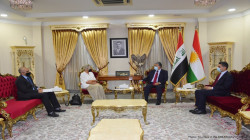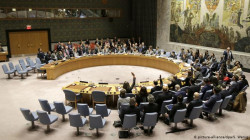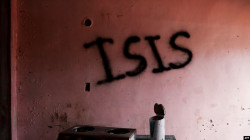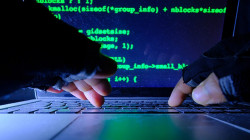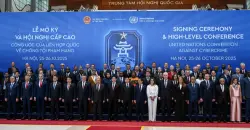UN approves Cybercrime Convention amid controversy over human rights concerns
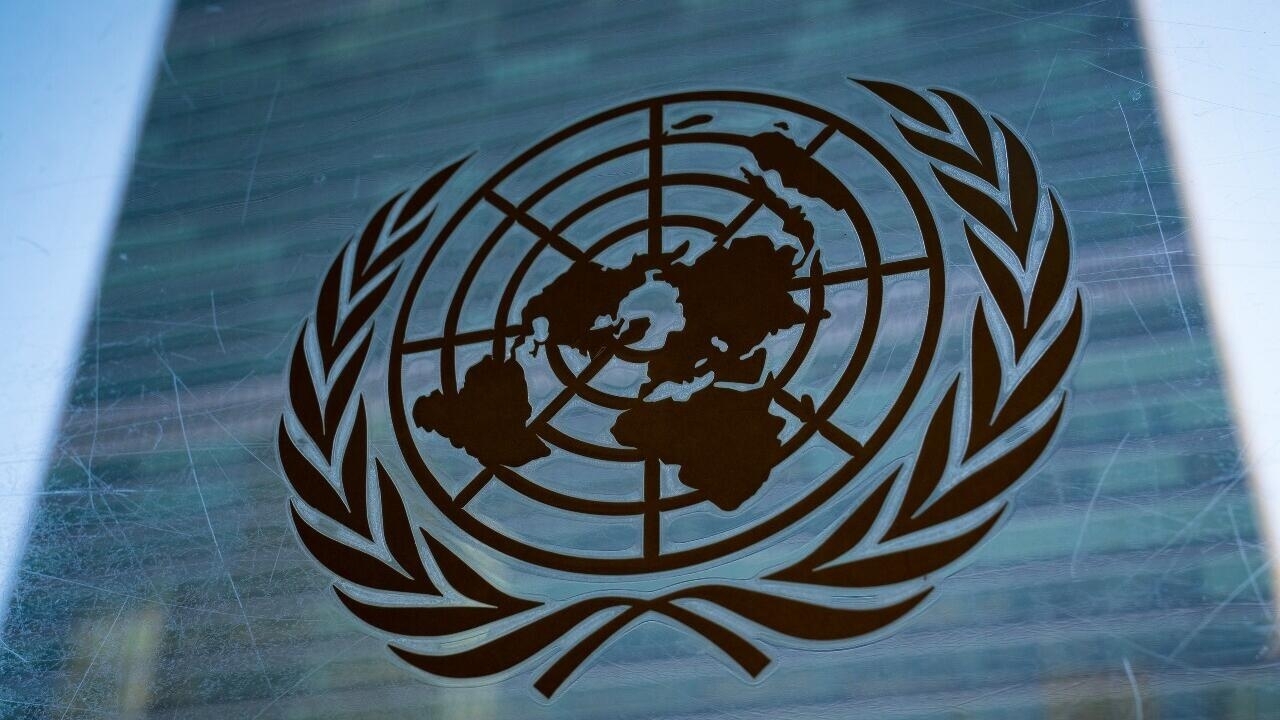
Shafaq News/ The UN approved the Convention Against Cybercrime after three years of talks, despite concerns from human rights groups that it might be misused by countries targeting homosexuality, opponents, and journalists.
"I consider the documents ... adopted. Thank you very much, bravo to all!" said Algerian diplomat Faouzia Boumaiza Mebarki, chairwoman of the treaty drafting committee established after Russia's initial move in 2017, despite opposition from the US and Europe.
According to AFP, the new treaty will take effect after ratification by 40 member nations and will now be submitted to the General Assembly for formal adoption.
"It seeks to prevent and combat cybercrime more efficiently and effectively," particularly concerning child sexual abuse imagery and money laundering.
Hailing a "landmark convention," South Africa's delegate said, "the provisions of technical assistance and capacity building offer much needed support to countries with less developed cyber infrastructures."
However, critics of the treaty, including an unusual alliance of human rights activists and major tech companies, argue that it is excessively broad and could serve as a global "surveillance" instrument, potentially leading to repression.
The text of the treaty stipulates that a state can request electronic evidence and data from internet service providers in another country to investigate any crime punishable by at least four years' imprisonment under its domestic law.
Warning of an "unprecedented multilateral tool for surveillance," Deborah Brown of Human Rights Watch told AFP the treaty "will be a disaster for human rights and is a dark moment for the UN."
"This treaty is effectively a legal instrument of repression," she said. "It can be used to crack down on journalists, activists, LGBT people, free thinkers, and others across borders."
In this context, the Office of the UN High Commissioner for Human Rights (OHCHR) raised serious concerns about the text and urged states this week to “ensure that human rights are central to the treaty.”
“Rights defenders, researchers & children shouldn’t fear criminalization for protected activity. Human rights safeguards on domestic & transnational police powers are essential,” OHCHR posted on X.
While there is consensus on tackling child pornography and child sexual exploitation, concerns exist about the potential criminalization of intimate selfies or photos taken by minors during consensual relationships.
In turn, Nick Ashton-Hart, who leads the Cybersecurity Tech Accord delegation representing over 100 technology companies including Microsoft and Meta, said Thursday that the committee "regrettably adopted a convention without addressing many of the major flaws identified by civil society, the private sector, or even the UN's own human rights body."
"Wherever it is implemented the Convention will be harmful to the digital environment generally and human rights in particular," he told AFP, calling for nations not to sign or implement it.
Nevertheless, some countries argue that the treaty includes excessive human rights safeguards.
Earlier, Russia, which has historically backed the drafting process, criticized the treaty for being "oversaturated with human rights safeguards" and accused other nations of pursuing "narrow self-serving goals under the banner of democratic values."
